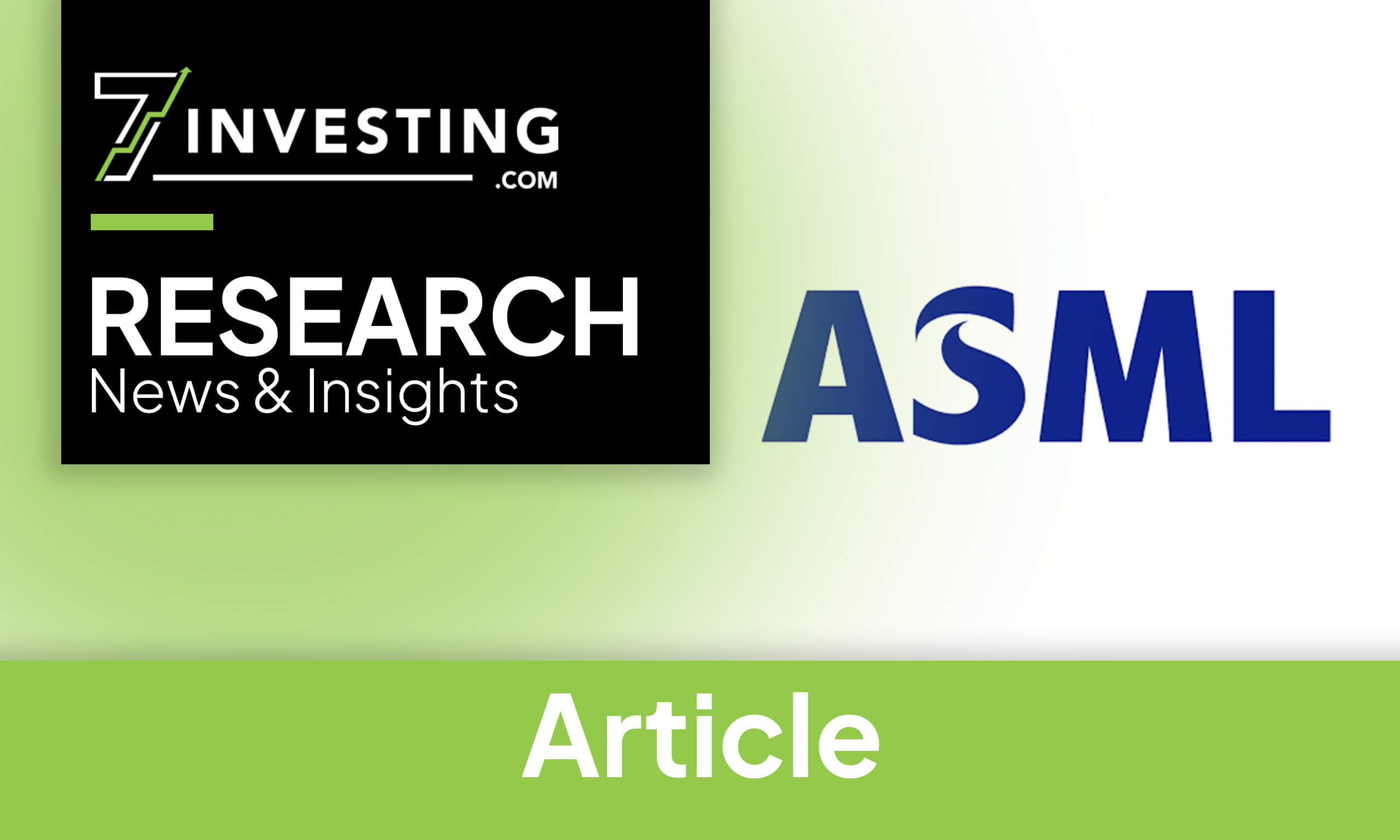Free Preview
Seres Therapeutics is a biotech stock for your watch list. 7investing CEO Simon Erickson describes why the pending approval of its flagship drug could be significant for investors.
Seres Therapeutics (Nasdaq: MCRB) is a company you’ve likely never heard of.
As a pre-revenue biotech with a market cap of less than $700 million, it’s still off-the-radar of most investors. Yet the company is trailblazing a path that is undeniably important.
Seres is one of the world’s first publicly-traded microbiomic companies. The human body is home to nearly 40 trillion bacteria, who all do the best they can to live in peace and harmony. However, sometimes really nasty bacteria move into the neighborhood. When the body gets introduced to these, it can cause an imbalance to the microbiome, or — even worse — lead to serious infections. Some of the world’s most dangerous infections are caused by bad bacteria — including E. coli, cholera, streptococcus (strep throat) or tuberculosis.
The standard of care for treating bacterial infections is antibiotics, which are often derivatives of penicillin. Yet there are several problems associated with antibiotics.
For one, they often kill the good bacteria along with the bad ones. Like dropping napalm in a war zone, there’s often unintended consequences. We don’t want to wipe out the good bacteria too, as these are helping you body fight off infections every day.
Another problem is that the bad bacteria eventually build up an immunity to the antibiotic drugs meant to kill them. “Antibiotic resistant bacteria” are actually becoming a huge issue, since they’re getting harder and harder to treat.
Seres is Serious About Innovation
As such, Seres is taking a different approach. Rather than napalm-bombing the body with antibiotics, it is introducing a multifunctional consortia of bacteria that can be introduced to the body through an oral pill. It’s kind of like stocking that neighborhood of your body with good neighbors who are kind — and together keep the bad ones away. The approach can be used to treat specific diseases, while also improving the body’s recovery and response to cancer treatments.
The first disease Seres is targeting is also the most serious: Clostridioides difficile infection (“CDI”). CDI causes an inflammation of the colon and it is increasingly becoming antibiotic resistant. It causes more than 3 million cases and 50,000 deaths in the US each year, and several multiples of that across the globe.
Seres has partnered with Nestle to run its experimental drug SER 109 through clinical trial to treat recurrent CDI (i.e. infections that aren’t the first appearance). 109 has already surpassed the FDA’s thresholds for its safety profile, and Seres recently reported that just 13.7% of patients treated had recurrence of CDI after 24 weeks. The drug has been fast-tracked for commercial review, and its biologics license application (BLA) could potentially be approved as soon as this month (January 2023). It SER 109 gets approved, it would be the FDA’s first microbiome-approved drug.
What This Means for Investors
That would be a huge catalyst for Seres. An oral drug is much more comfortable than introducing fecal microbiota from stool samples donated by healthy patients (which isn’t quite enjoyable nor sustainable). And 3 million cases of CDI in the US every year means this is a too big of a problem for SER-109 not to progress.
Nestle will, of course, play a key role in the commercialization of the drug if approved. It would split the commercial sales revenues 50/50 with Seres in the US & Canada.
And while recurrent CDI doesn’t cover all cases, it could still have blockbuster potential. It’s estimated that peak sales for recurrent CDI in the US could exceed $1 billion annually. So if Seres captures $500 million in sales (a 50/50 split) and we apply the pharma-standard “5X peak sales” valuation multiple, Seres the company could suddenly be worth $2.5 billion from this one indication. That would represent a nearly a 300% return for investors, considering that Seres’ market cap today is only $660 million.
I don’t want to get your hopes up too prematurely. Investing in biotech is hard and the science doesn’t always cooperate with our investor expectations.
Yet it’s also hard to ignore the exciting progress being made. SER 109’s performance in its trials has been quite positive thus far, and its pending approval could be a huge catalyst in the near future. Seres could be a great opportunity for risk-tolerant investors who are looking for an innovative way to treat one of the world’s deadliest bacterial diseases.




